(ECNS) -- China is actually leading in so many areas of economic growth and its development also benefits neighboring countries, said Salikyu Sangtam, a professor from the Department of Political Science at Tetso College in Nagaland, India, during an interview with China News Network in Wuyishan, Nanping City of East China's Fujian Province, on Thursday.
Sangtam was in Wuyishan to attend the First Wuyi Forum, hosted by Renmin University of China. It kicked off in Nanping, on Thursday and will last till Sunday.
Themed "The Two Integrations and Modern Chinese Civilization," the forum has attracted guests from home and abroad to discuss Chinese literary lineage and the diversity of civilizations.
Commenting on the concept of new quality productive forces, Sangtam said it benefits not just China, but also its neighboring countries.
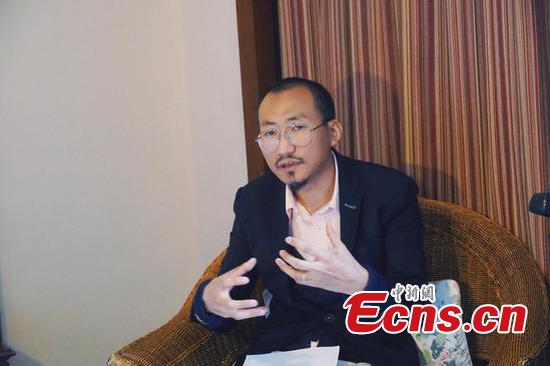
"If you look into the history of China's civilization, you'll find that whatever it does, it does not just for the benefit of itself, but also for the benefit of other states," Sangtam added.
He noted that there are countries that view world politics purely from the zero-sum game mentality. "They are suspicious of everything that China does. The reason is they don't understand Chinese culture."
He cited the Belt and Road Initiative as an example. "Many people view this as China's way of exploiting economic gains from other countries. But China is investing a lot more. It does this solely for the purpose of maintaining relationships."
Over the past decade, the Belt and Road Initiative has become the most popular international public good and largest-scale international cooperation platform.
Sangtam pointed out that Chinese civilization excels at resolving conflicts and fostering consensus on the basis of respecting differences and diversity.
"For example, China and the U.S. have lots of disagreements with regard to human rights and democracy. But China says, let us not define our relationship solely based on this. Even though we don't disagree with this, we can still agree on how to tackle environmental changes, how to tackle nuclear problems, and how to tackle terrorism. It's all there we can work together," he said.
Sangtam highly appreciated the Chinese philosophies of inclusiveness and solidarity.
He believes that the essence of the Chinese culture and civilization is rooted in the concept of Tianxia -- for "all under heaven."
He said Chinese characteristics make the Chinese socialism different from the others. "Look at the Chinese people. They are very resilient. They can overcome anything. I feel like the virtues which the Chinese culture and philosophy emphasize are missing in world politics today."








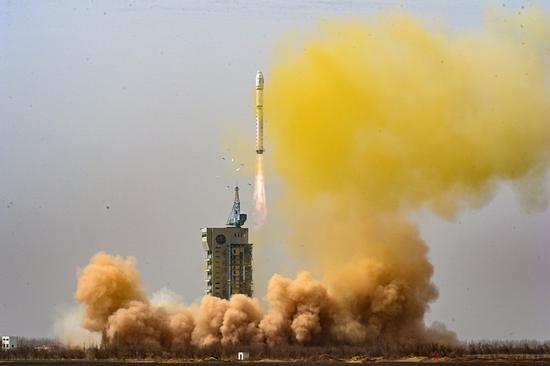
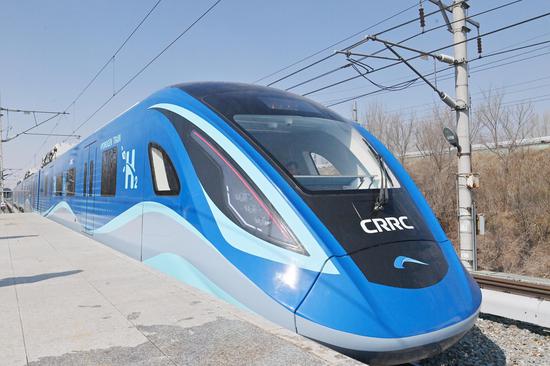


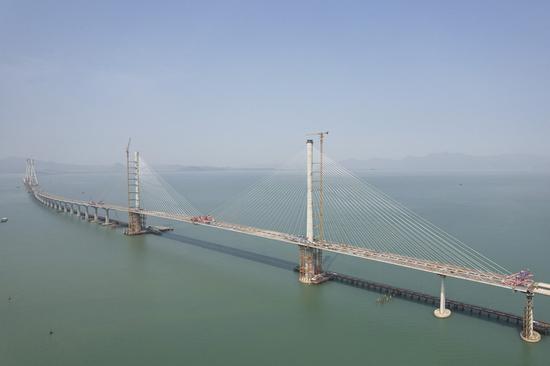



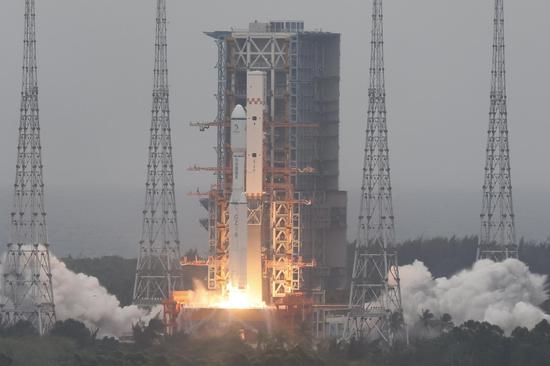

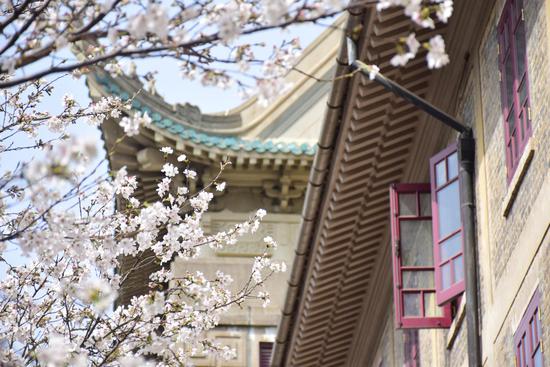
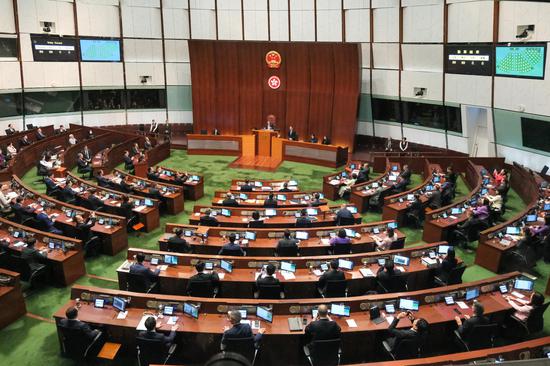





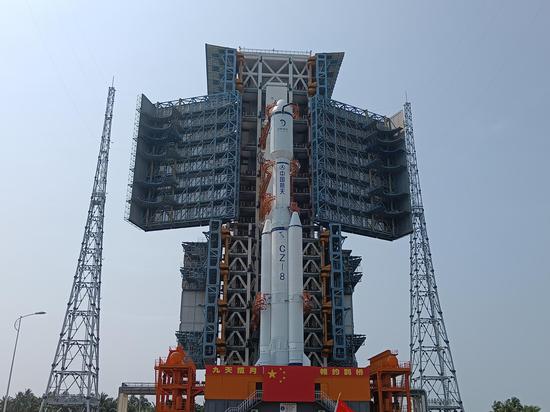
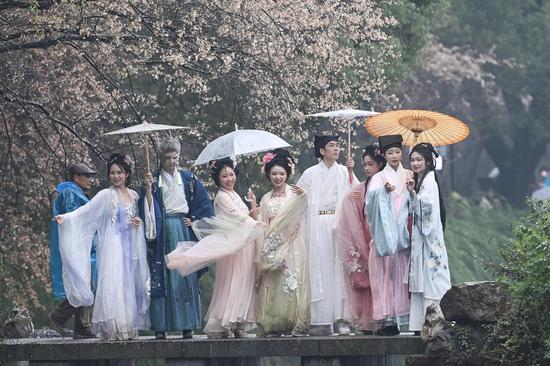




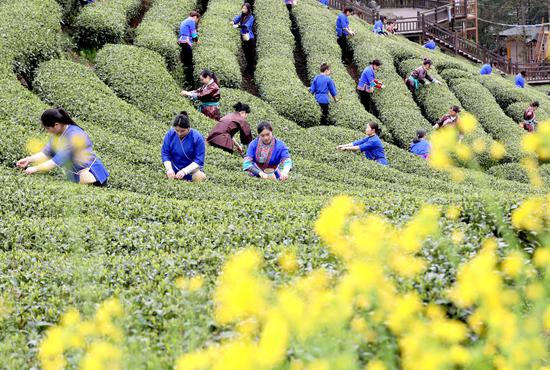
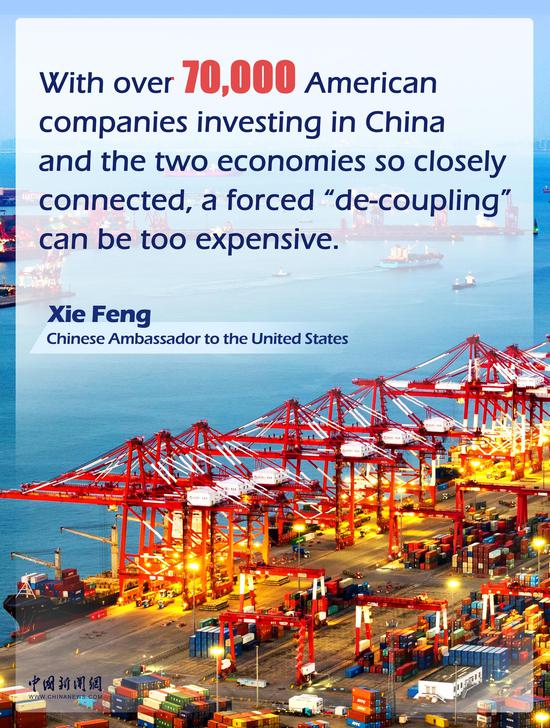
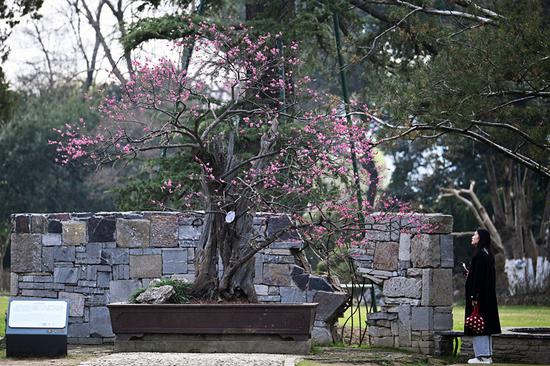
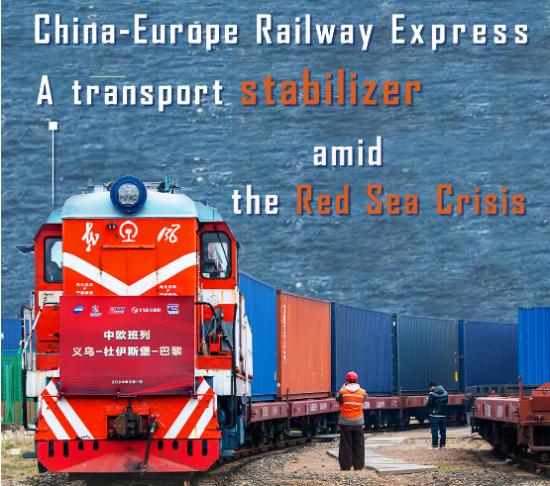
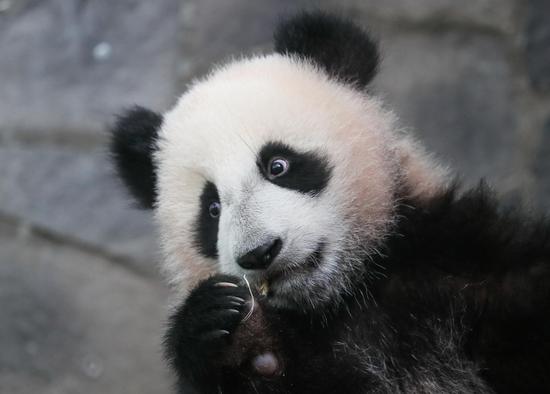
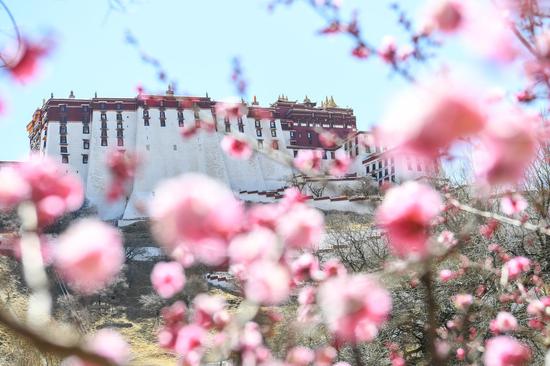

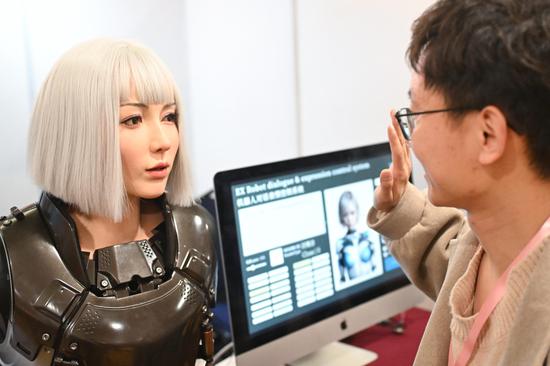

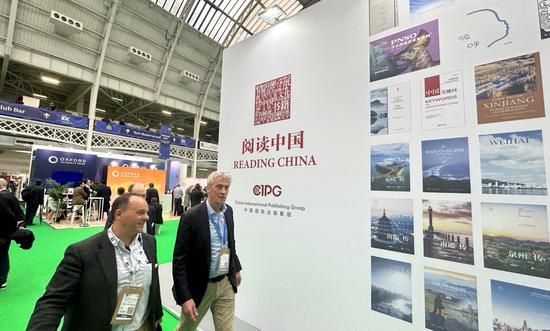


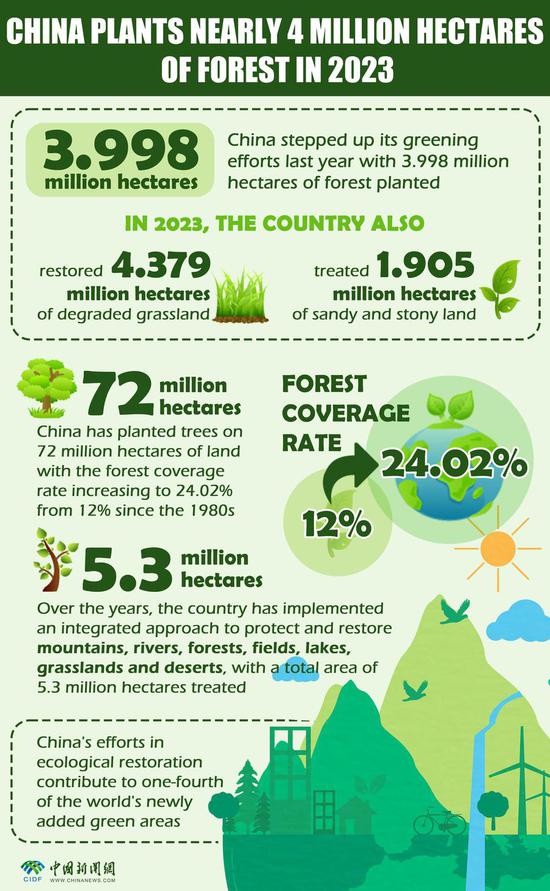
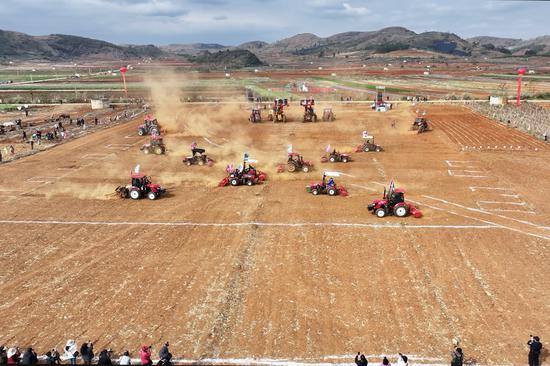





 京公网安备 11010202009201号
京公网安备 11010202009201号